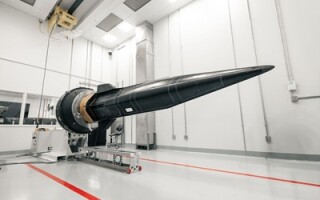AI game-theory research to better cybersecurity and medicine
NewsJuly 15, 2019

RESEARCH TRIANGLE PARK, N.C. U.S. Army game-theory research using artificial intelligence may help treat cancer and other diseases, improve cybersecurity, deploy soldiers and assets with more efficiency, and even win a poker game.
New research, published in Science, and conducted by scientists at Carnegie Mellon University, developed an artificial intelligence program called Pluribus that defeated leading professionals in six-player no-limit Texas hold'em poker.
According to researchers, poker is an accessible example to show how these mathematical models can be used to devise strategies for situations where a person doesn't have complete information. This uncertainty is applicable in many real-world and military challenges that involve multiple parties such as cybersecurity and defense posturing.
Limited-lookahead search is a standard approach in perfect-information games, but is extremely challenging in imperfect-information games. A new limited-lookahead search algorithm is the main breakthrough that enabled Pluribus to achieve superhuman multi-player poker.
The software also seeks to be unpredictable. For instance, calculating how it would act with every possible hand it could hold and then computing a strategy that is balanced across all of those possibilities.
With Army funding, researchers are developing related techniques for bio-steering, where the researchers are computing optimal treatment plans that steer a patient's immune system to better fight cancers, autoimmune diseases, infections, etc.
Previous Army-funded game theory research is now being used by the Transportation Security Administration, the U.S. Coast Guard, and the Los Angeles Metro Rail to schedule resources in a manner that decreases cost for the those organizations, ensures safety, and increases the costs for an adversary, thus reducing the chances for attacks.





